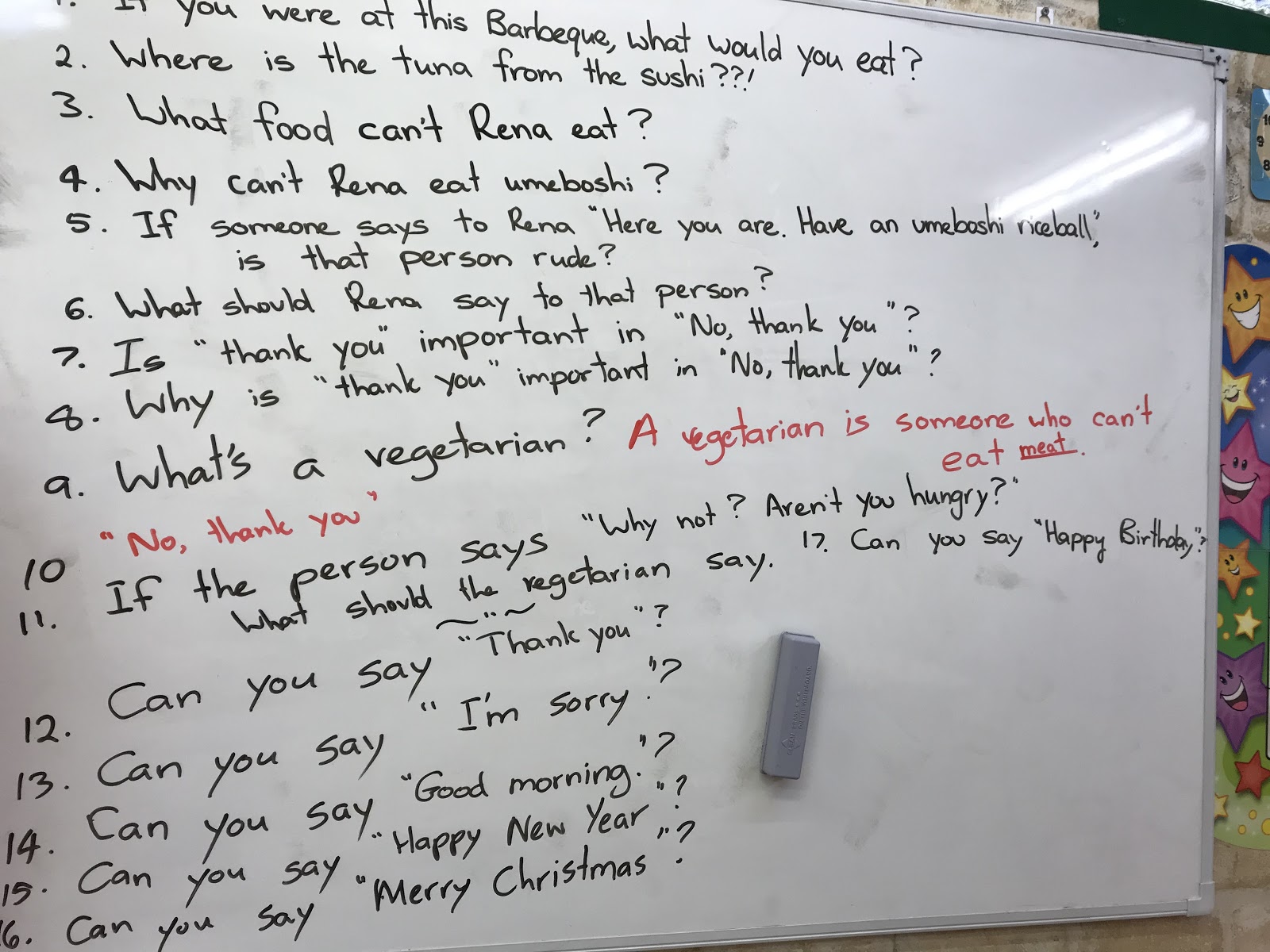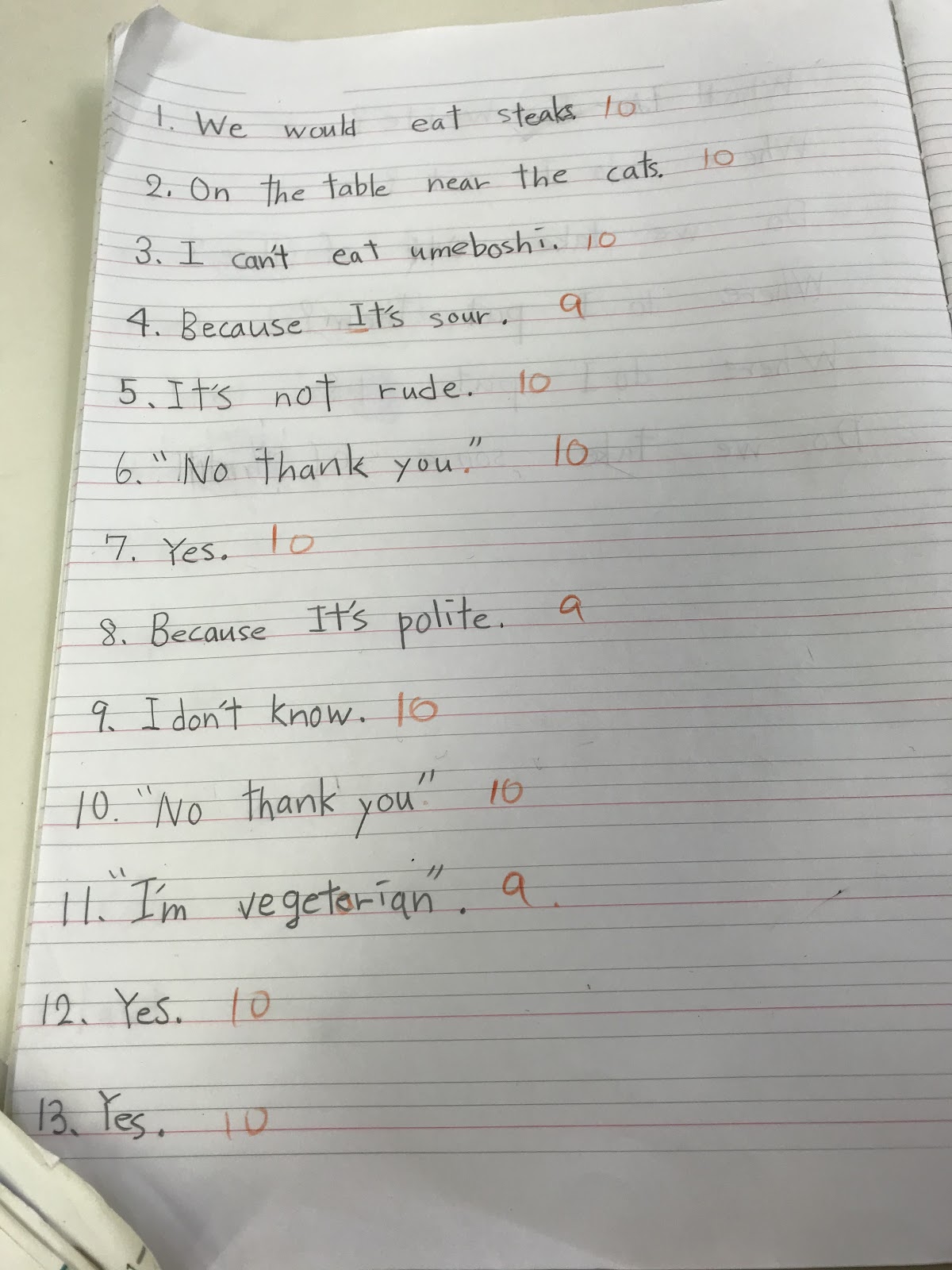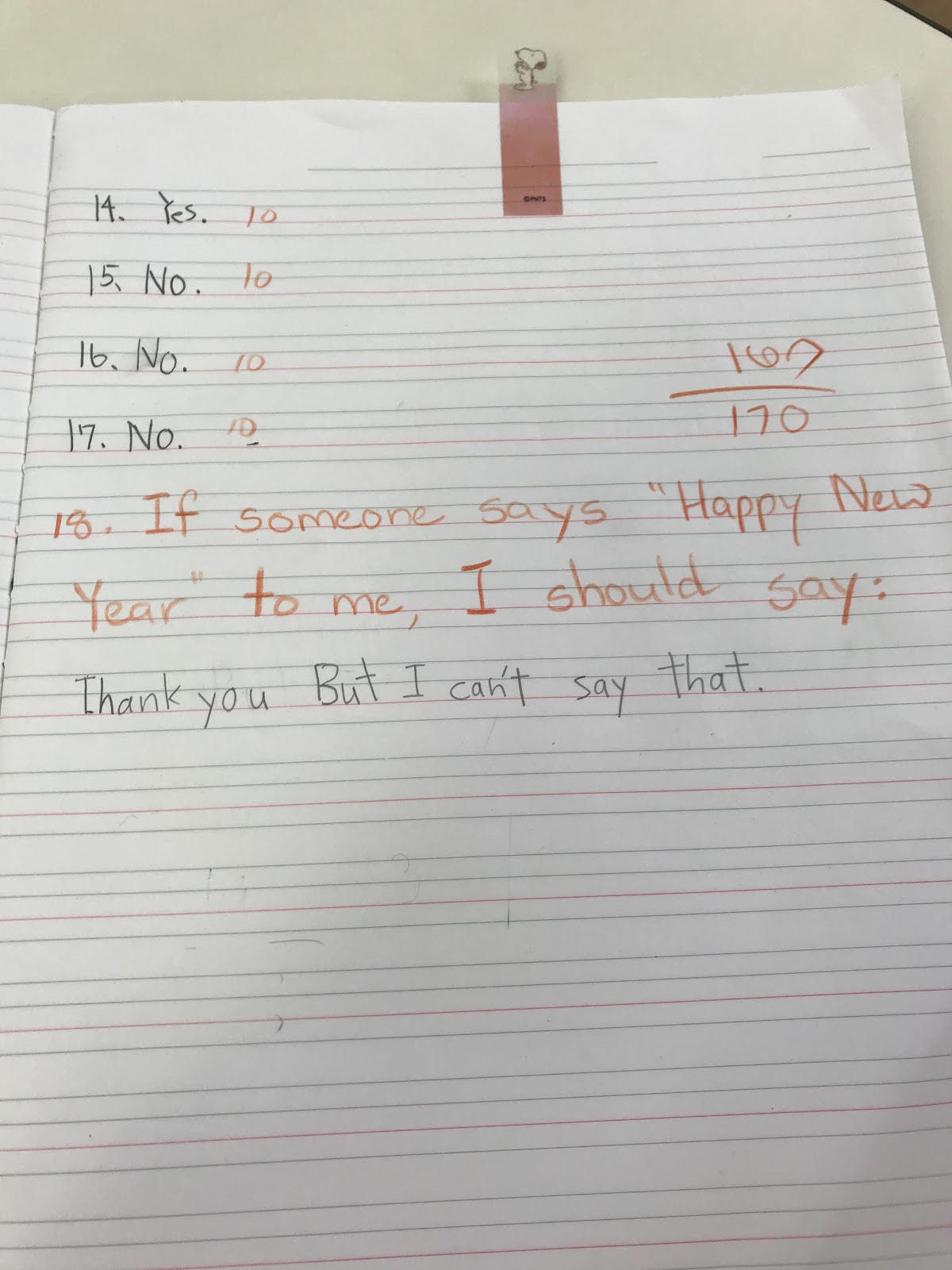I have a student in one of my classes. She is 9 years old, she uses English quite well, including reading and writing.
In our first lesson after the winter vacation I called “Happy New Year!” to each student as they entered the classroom. Each replied with a call of “Happy New Year” – except this student. She smiled, but didn’t return the greeting. As she hung up her coat, I tried again: “Happy New Year, Rena!” Again she ignored me. The other students and I looked at each other. We were all a little uncomfortable. What was wrong with Rena? Then she spoke:
“I don’t say that”.I remembered then, Rena is from a family whose religion forbids them from saying “Merry Christmas”, “Happy Halloween”, “Happy Birthday” etc. I didn’t know though that “Happy New Year” was also forbidden.I replied “Ah! Yes, OK. No problem. Come and sit down”.
The other students understandably were a little confused. “Why doesn’t Rena say “Happy New Year?”
I explained simply “Rena’s family doesn’t say it.”
We all let the moment go. However I was still uncomfortable with having at first been ignored by Rena… I asked the students to get their notebooks and AJ Picture Dictionary books.
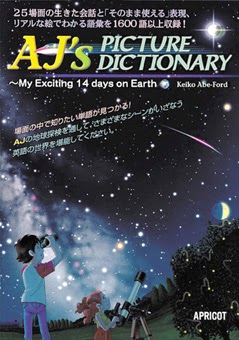
I had Ss open AJ to Page 14 & 15.
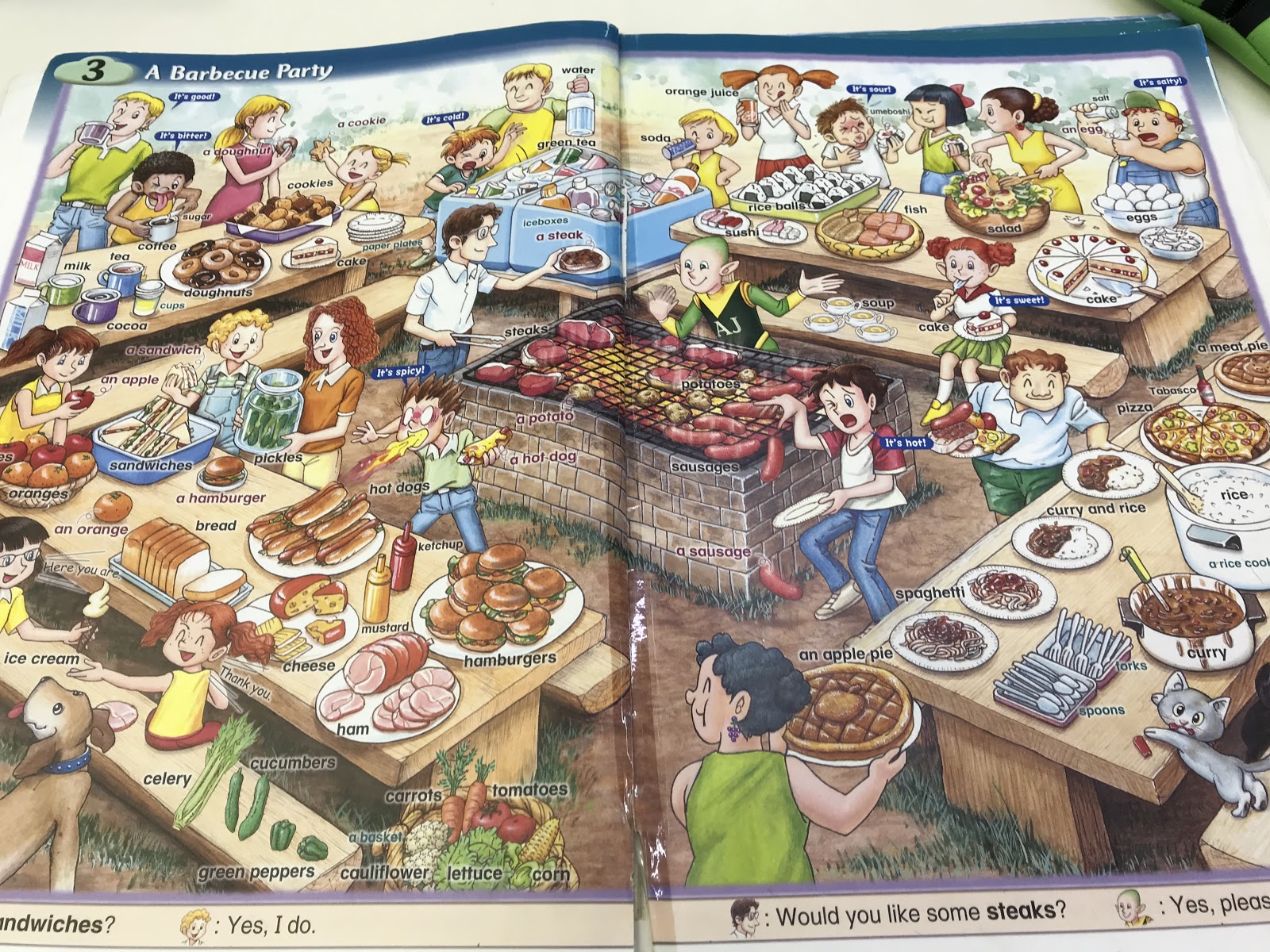
I then began a “Read-the-question, write-the-answer” session. I wrote each question on the whiteboard.
I encouraged the Ss to support each other, and write one answer for the group, not individual answers.
(These are Ss’ answers).
1. If you were at this barbeque, what would you eat?
(We would eat steaks.)
2. What food can’t Rena eat?
(Rena can’t eat umeboshi.)
The question referred to Rena here because the other students like all the food on this page.
3. Why can’t Rena eat umeboshi?
(Because it’s sour.)
4. If someone says to Rena “Here you are, have an umeboshi riceball”, is that person rude?
(It’s not rude.)
5. What should Rena say to that person?
(“No, thank you”)
6. Is “Thank you” important in “No, thank you”?
(Yes.)
7. Why?
(Because it’s polite.)
8. What’s a vegetarian?
(I don’t know.)
9. A vegetarian is someone who can’t eat meat. What should a vegetarian say if someone says “Here you are, have a steak”?
(“No, thank you”)
10. If the person says “Why not? Aren’t you hungry?” what should the vegetarian say?
(I’m vegetarian.)
At this point the Ss and I had a brief discussion about the questions and their answers.
We confirmed that we should say “Thank you” to people who offer food that we don’t or can’t eat, as they are simply being kind.
The questions then continued.
11. Can you say “Thank you”?
(Yes.)
12. Can you say “I’m sorry”?
(Yes.)
13. Can you say “Good morning”?
(Yes.)
14. Can you say “Happy New Year”?
(Yes.) (No.)
Rena wrote “No”.15. Can you say “Merry Christmas”?
(Yes.) (No.)
16. Can you say “Happy Birthday”?
(Yes.) (No.)
Here we had another discussion.
Some people can eat meat, other people can’t.
Some people can say “Happy New Year”, other people can’t.
People don’t always know what other people can or cannot eat or say.
But we should say “Thank you” to kindness.
The final question was:
17. If someone says “Happy New Year” to me, I should say…
(Happy New Year.) (Thank you, but I can’t say that.)
I was happy with Rena’s answer. If she had answered my “Happy New Year” at the start of the lesson in this way, I would have understood and there would have been no discomfort.
